- عنوان کتاب: Asking the Right Questions
- نویسنده: M. Neil Browne
- حوزه: تفکر
- سال انتشار: 2018
- تعداد صفحه: 191
- زبان اصلی: انگلیسی
- نوع فایل: pdf
- حجم فایل: 7.55 مگابایت
من می دانم که خوب است که یک متفکر انتقادی باشم و بتوانم سؤالات خوب زیادی بپرسم، اما نمی دانم چه سؤالاتی بپرسم یا چگونه آنها را بپرسم.» در واقع، بسیاری از مردم در مورد یادگیری یا آموزش تفکر انتقادی صحبت میکنند و این افراد میدانند که تفکر انتقادی مستلزم طرح پرسشهای منظم است. اما کدام سوال؟ و چگونه هر یک از این سؤالات به ارزیابی متفکرانه و منصفانه آنچه که شخص دیگری می گوید کمک می کند؟ ما اکنون در دوازدهمین ویرایش کتابی هستیم که دقیقاً در پاسخ به این وضعیت نوشتیم. دموکراسی با مردمی که قادر به تفکر انتقادی هستند بهترین کار را دارد! وقتی تصمیمات و باورهای خود را بعد از پرسیدن سؤالات انتقادی شکل داده باشیم، می توانیم نسبت به آنها اطمینان بیشتری داشته باشیم. میتوانیم به خود ببالیم که قبل از اینکه چیزی به ذهنمان برسد، استانداردهای خاصی را رعایت میکنیم که هم ما و هم افراد متفکر در فرهنگهای مختلف به آن احترام میگذاریم. از همان ابتدا، کتاب ما در حال پیشرفت بوده است، زیرا ما همچنان از نظرات دانشآموزان و معلمان بسیاری که از این کتاب استفاده میکنند، استفاده میکنیم. در حالی که ما همچنان از موفقیت این کتاب و بازخورد مثبت بسیاری از خوانندگان از بسیاری از کشورها بسیار خرسندیم، نمیتوانیم متوجه نیاز به گسترش بیش از پیش تلاشها برای آموزش مردم در «پرسیدن سؤالات درست» شویم. “ افرادی که در مکانهای بالا قرار دارند، که باید بهتر بدانند، به حقایق برچسب «اخبار جعلی» میزنند و ادعاهای خود را با بیان اینکه حقایق جایگزین دارند، توجیه میکنند. این که حقایق ممکن است مورد مناقشه باشند، یا اینکه حقایق ناقص هستند و باید با حقایق بیشتری پشتیبانی شوند، همه چیز به نفع است. چنین زبانی می تواند ما را از پیچیدگی ادعاهای «واقعیت» آگاه کند. اما بیان اینکه حقایقی که من دارم معادل حقایقی است که شما دارید، فقط به این دلیل که میخواهم به یک نتیجه خاص برسم، بدترین مرتبه نادرستی فکری است. ما همیشه به تفکر انتقادی نیاز داریم، به ویژه در این برهه از تاریخ که برخی از علم به عنوان «فقط دیدگاه دیگری» یاد می کنند. انتخاب پیشنهادهای جدید برای پذیرفتن و رد کردن آنها به طور فزاینده ای دشوار شده است. ما هر روز با تلاشهایی برای متقاعد کردنمان بمباران میشویم، که بسیاری از آنها به شدت قطبی شدهاند و بیشتر به بخش عاطفی مغز میآیند تا بخش استدلال. ما با یک بی احترامی کلی و بی حد به شواهد مواجه می شویم. استفاده بی رویه از زبان؛ و جایگزینی فریاد زدن به جای دلیل در بسیاری از بحث های عمومی ما. «حقیقت» یا عدم توجه به حقیقت، روز به روز رایج تر می شود. همیشه در ذهن ما میل به حفظ ویژگی های اولیه پرسیدن سؤالات درست، در عین تطبیق با تأکیدات جدید در اندیشه خود و نیازهای در حال تکامل خوانندگانمان، در بالاترین حد بوده است. به عنوان مثال، ما بیشتر از همه می خواهیم این کتاب را مختصر، خواندنی و کوتاه نگه داریم. همچنین، تجربه ما ما را متقاعد کرده است که کتاب کوتاه در شغلی که برای آن در نظر گرفته شده است – آموزش مهارتهای پرسشگری تفکر انتقادی – موفق است.
“I know it’s good to be a critical thinker and to be able to ask lots of good questions, but I don’t know what questions to ask or how to ask them.” Indeed, many people speak about learning or teaching critical thinking, and these people know that critical thinking requires the systematic asking of questions. But which questions? And how does each of those questions contribute to a thoughtful and fair evaluation of what someone else is saying? We are now on our 12th edition of a book that we wrote in response to exactly this situation. Democracy works best with a public capable of critical thinking! We can be more confident of our decisions and beliefs when we have formed them after asking critical questions. We can be proud that before anything gets into our heads, it passes particular standards that both we and thinking people in multiple cultures respect. From the beginning, our book has been a work in progress, as we continue to incorporate input from our students and from the many teachers using this book. While we continue to be immensely pleased by this book’s success and the positive feedback from many readers from many countries, we cannot also help but notice the need for a greater-than-ever expansion of efforts to educate the public in “asking the right questions.” People in high places, who should know better, label facts “fake news” and justify their claims by saying they have alternative facts. That facts may be in dispute, or that facts are incomplete and need to be supported by yet more facts, is all to the good. Such language could alert us to the complexity of making claims about “reality.” But suggesting that facts I have are equivalent to facts you have just because I want to reach a particular conclusion is intellectual dishonesty of the worst order. We very much need critical thinking always, but especially at this moment in history where some refer to science as “just another perspective.” Selecting which new suggestions to embrace and which to reject has become increasingly difficult. We are bombarded daily with efforts to persuade us, many of which are highly polarized and appeal much more to the emotional part of the brain than to the reasoning part. We encounter a general, immense disrespect for evidence; the sloppy use of language; and substitution of hollering for reason in so much of our public discussion. “Truthiness,” or a lack of concern for the truth, becomes more and more common. Always uppermost in our mind has been the desire to retain the primary attributes of Asking the Right Questions, while adjusting to new emphases in our own thought and the evolving needs of our readers. For instance, we want most of all to keep this book concise, readable, and short. Also, our experience has convinced us that the short book succeeds in the job for which it was intended—the teaching of critical-thinking questioning skills.
این کتاب را میتوانید از لینک زیر بصورت رایگان دانلود کنید:
Download: Asking the Right Questions



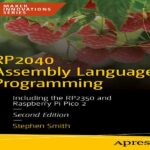



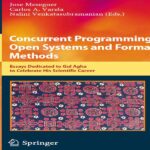





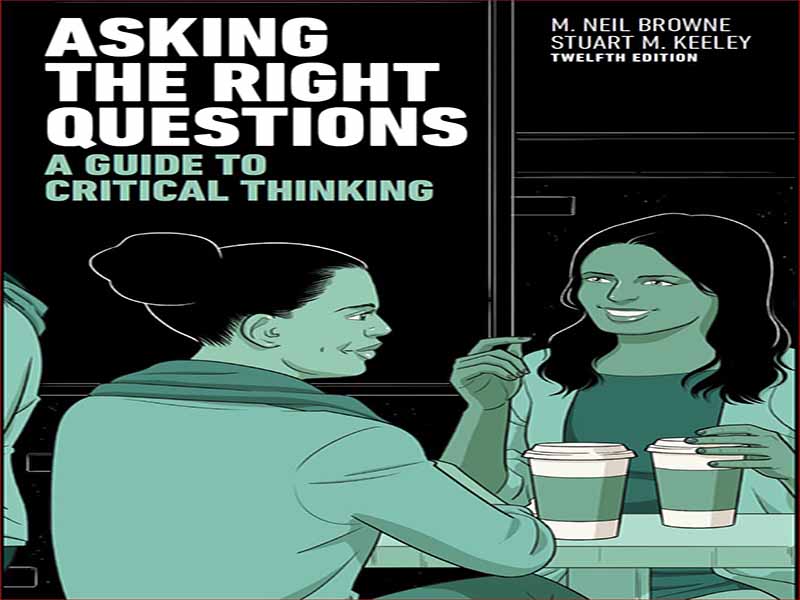



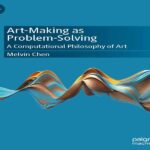


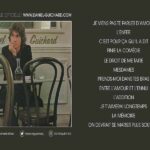







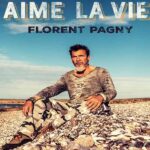








نظرات کاربران